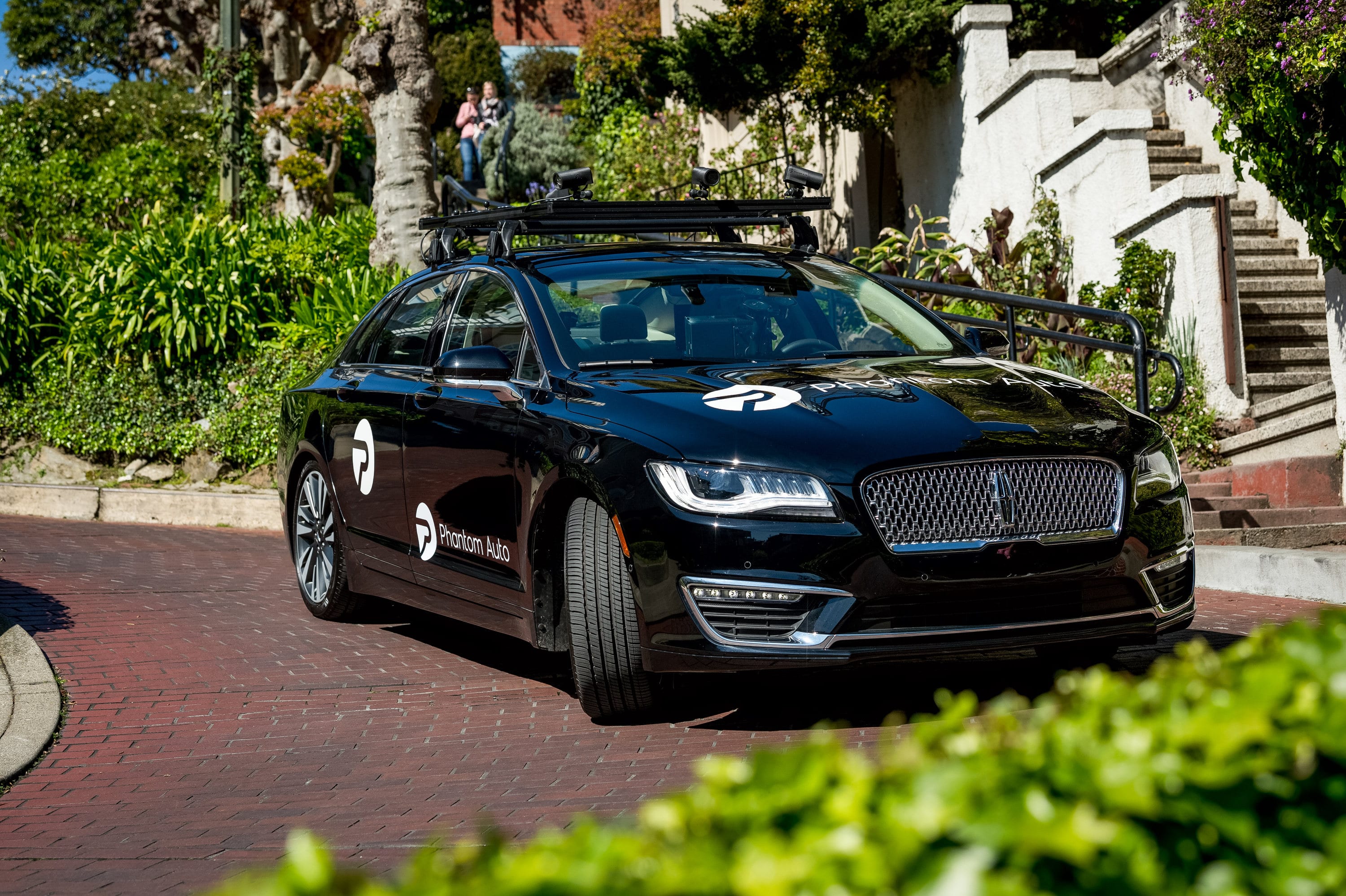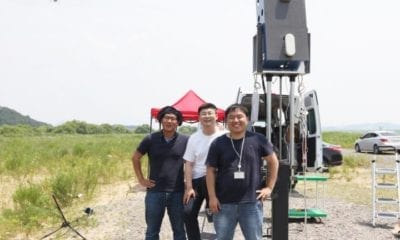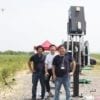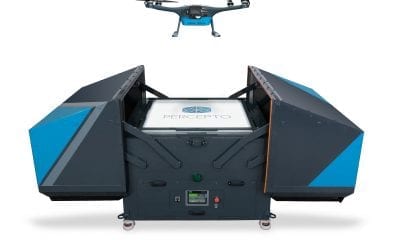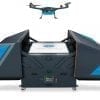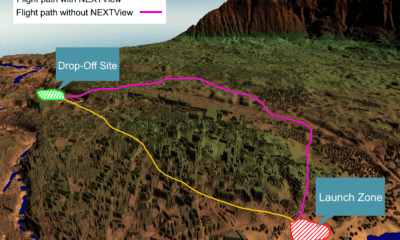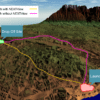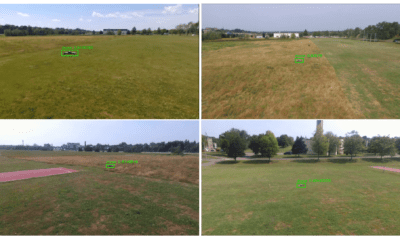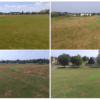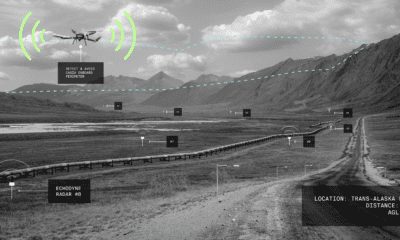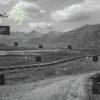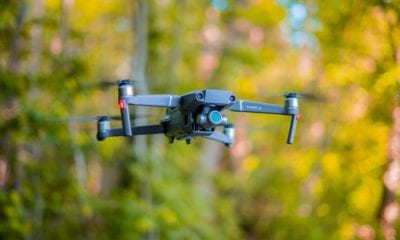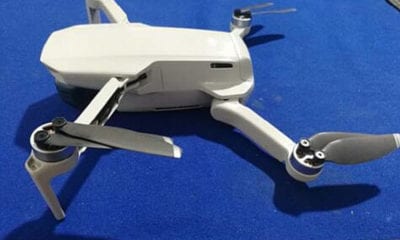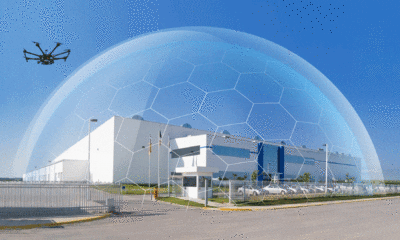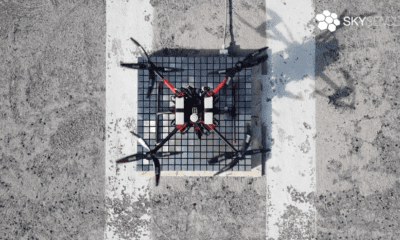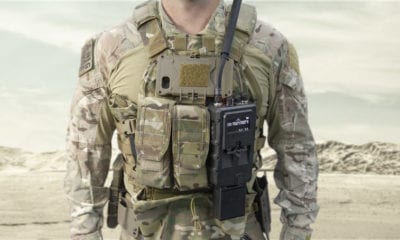Autonomous
Sacramento Looks to Become an Autonomous Car Hub
The city of Sacramento is looking towards developing itself into a hub for autonomous car testing research. The city has signed a deal with a Silicon Valley firm, which will involve using downtown streets as a testing ground for autonomous vehicles, monitored by remote “drivers” sitting at computers in Silicon Valley.
The deal with Phantom Auto will comprise a testing period of six months in which autonomous vehicles without any occupants will ride in traffic on public streets. This will prepare Sacramento to be the first city in California for autonomous vehicular driving.
These autonomous vehicles will be monitored by a human interface assisted by computer video screens from a location approximately more than 100 miles away at Phantom Auto’s headquarters in Mountain View. The monitoring team is thus capable of taking control of the vehicle if its on-board computer system is unable to navigate the road.
Sacramento Mayor Darrell Steinberg said, “I view this as another signature moment for our city, it is a clear sign we are willing to step up and show the state and the country that we want to be on the forefront of new technologies. We want Phantom Auto and others to know this is where we want you to launch your new product.”
Sceptics however, cite a fatal crash in Arizona in March when a self-driving Uber car hit and killed a woman crossing a street even when the Uber employee was sitting in the driver’s seat but did not stop the car.
But Elliot Katz, cofounder of Phantom Auto, believes the solution lies in remote human monitors of the autonomous vehicle equipped with sophisticated computers, radar, cameras and lidar on robot cars which will intervene in unexpected situations on the road. Robot cars can be programmed to simply stop or pull over in those situations. Katz said remote operators instead can take over and make a safer decision.
“We believe you will always need a human in the loop,” Katz said. ”There are so many oddball scenarios multiple times a day. (A computer) won’t react the same way a human will react.”
State regulations clearly declare that any car operated on California streets without a person in the driver’s seat must be monitored electronically by someone can take control.
According to city innovation officer Louis Stewart, a consortium of Sacramento groups including the City of Sacramento, UC Davis, Sacramento State, Sacramento Regional Transit, the Sacramento Area Council of Governments and the Sacramento Metropolitan Air Quality Management District have invested $100,000 for the Phantom Auto project.
Phantom Auto is slated to test two designated routes provided by the city – one around the City Hall, the state Capitol and the convention centre. The other will link the Sacramento State campus to the 65th Street light rail station. The university is exploring the possibility of operating driverless shuttles. The city will probably use the downtown route soon for a few days to show select people, including legislators, how the technology works.

